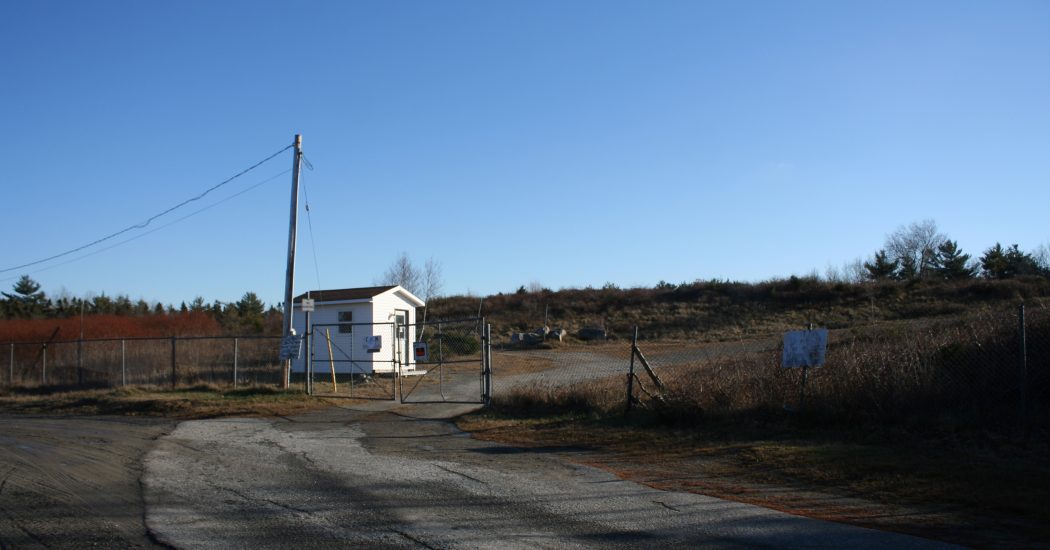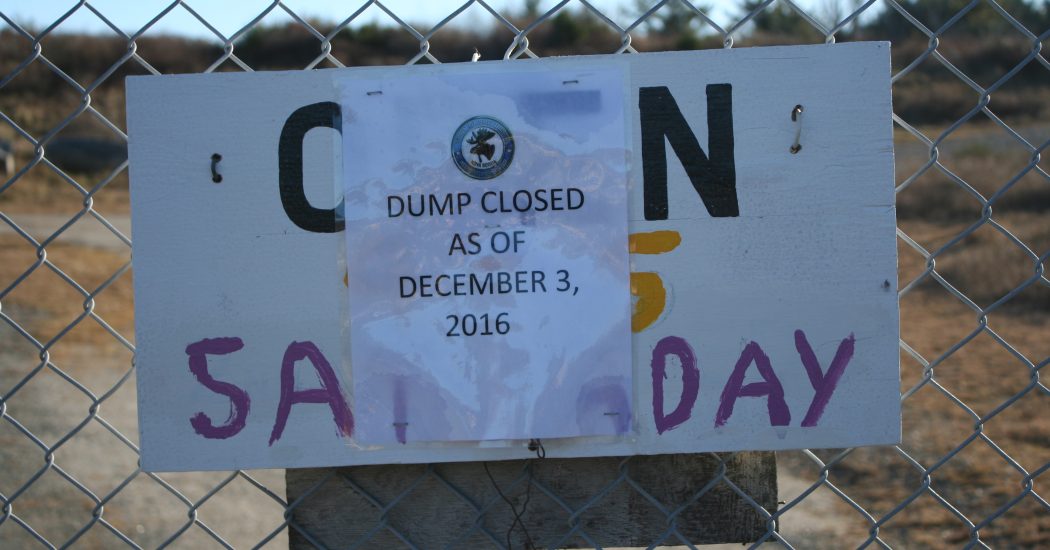
KJIPUKTUK (Halifax) – Recently filmmaker and actress Ellen Page offered to pay for the drilling of a public well in the Town of Shelburne’s south end.
Page made the offer after she met the south end residents while working on There’s something in the water, her acclaimed documentary about environmental racism in Nova Scotia.
Residents told Page how most of their wells run dry when the summer droughts arrive, and how they are polluted with e.coli.
Surprisingly, it appears that the Mayor and the CAO don’t want Page’s generous gift, or not in the south end at least.
When Louise Delisle, a member of SEED, the organization that made the offer on behalf of Page, was quoted in a story about the town’s reluctance published on our site, the CAO sent her a letter threatening legal action for doing irreparable damage to the town’s reputation!
Many residents of the south end are Black, and their community has faced environmental racism perpetrated by the town for generations.
For 75 years the Shelburne Town Dump received industrial, medical and residential waste not just from the town, but also from Lockeport and all of eastern Shelburne County. Waste came from households, a former naval base, a hospital, and an industrial park.
In the early nineties the landfill as such was closed, but it continued to be used as a transfer station for things like fridges, stoves, and empty oil barrels. Enforcement was lax.

For decades south end residents lived with the smoke from the waste being burned there, with rats, and most of all, with fears that the dump was contaminating their dug wells and affecting their health.
The two closest homes are within 250 feet, many more are within 500 feet. The neighbourhood is on a boggy downward slope from the landfill. Three brooks descend from the dump into Shelburne Harbour, crossing many South End properties.
“We lived it, and we talked about it every day. We breathed it. You couldn’t open your windows, you couldn’t breathe,” Delisle told me on my first trip to Shelburne, in January 2017.
“You know something isn’t right when you have people drive by your house in hazmat suits (protective clothing) to go to the dump and drop off their containers of whatever. And a few days later there would be a fire, and we don’t know what it was they dumped,” Delisle said.
See also: A community of widows. The Shelburne dump and environmental racism
The location of the dump so close to a Black community is symptomatic of environmental racism in our province. Dr. Ingrid Waldron, who wrote the excellent book that inspired Page’s documentary, has shown that a disproportionate number of landfills, waste sites, and other environmental hazards in Nova Scotia are located close to African Nova Scotian and Mi’kmaw communities.
Shelburne has never acknowledged this injustice. South end residents collected health related data and tested their wells without any support from the town.
Just recently, when African Nova Scotian elders, Dr. Lynn Jones among them, were effectively street checked in Truro, that town, rather than dig in and stonewall, decided to face its history.
See also: In historic vote Town of Truro vows to get serious about repairing the damage of racism
Truro is now engaged in an effort to come to terms with its racist past and repair relations with its African Nova Scotian residents.
Following Truro’s example, the establishment of a public well in Shelburne’s south end could be a break with its past, and the start of something new.
The town’s legacy of environmental racism calls for reparations. Shelburne owes its south end residents.
With a special thanks to our generous donors who make publication of the Nova Scotia Advocate possible.
Subscribe to the Nova Scotia Advocate weekly digest and never miss an article again. It’s free!




Time to do the right thing and stop worrying about admitting liability.
I realize there is likely more to the story than we see in the news, but I don’t understand why such a philanthropic act would be dismissed. It appears that she is clearly into environmental issues and has done quite well… and I do not know Ellen Page at all; only that her forebears in the Lockeport area are off the same family tree as my ex husband and adult children.
pride. they don’t want to accept help for the simple fact that it would be admittance of a problem they are unwilling to deal with.